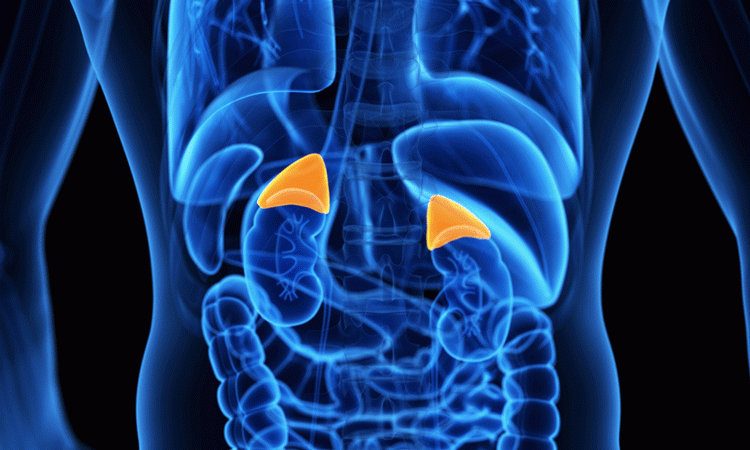FDA approves new treatment for rare adrenal gland tumours
Posted: 3 August 2018 | European Pharmaceutical Review | No comments yet
“Patients will now have an approved therapy that has been shown to decrease the need for blood pressure medication and reduce tumour size in some patients.”


The US Food and Drink Administration (FDA) approved an injection for the treatment of a rare adrenal gland tumour in adolescents and adults.
The target for this injection, called Azedra, are individuals with adrenal gland tumours, pheochromocytoma or paraganglioma, that cannot be surgically removed and have spread beyond the original tumour site, now requiring systematic anticancer therapy. This is the first FDA approved injection for this therapy.
“Many patients with these ultra-rare cancers can be treated with surgery or local therapies, but there are no effective systemic treatments for patients who experience tumour-related symptoms such as high blood pressure,” said Dr Richard Pazdur, director of the FDA’s Oncology Centre for Drug Evaluation and Research.
“Patients will now have an approved therapy that has been shown to decrease the need for blood pressure medication and reduce tumour size in some patients.”
A rare form of adrenal gland tumours are pheochromocytomas. Adrenal glands are located above the kidneys and produce stress hormones, epinephrine and norepinephrine. Pheochromocytomas increase the production of these hormones which leads to hypertension, headaches, nausea, irritability, rapid heart rate, weight loss, chest pain and anxiety, among other symptoms. When this form of tumour is produced outside of the adrenal glands, it is called a paraganglioma.
A single-arm, open-label, clinical trial in 68 people measured the number of patients experiencing a 50 percent or higher reduction in all antihypertensive medications lasting for at least six months, showed the efficacy of Azedra. The endpoint was supported by another secondary endpoint, with the overall tumour response measured by traditional imaging criteria. Of the patients in the study, 25 percent experienced a 50 percent or greater reduction of all antihypertensive medication.
Common severe side effects of the injection included lower levels of white blood cells, low blood platelet count, low level of neutropenia, fatigue, anaemia, nausea, hypertension, vomiting, and an increased international normalised ratio.
Since the drug is radioactive, a warning is present on the drug advising about minimising exposure to patients and family members. The risk of radiation is greater in paediatric patients. The drug comes with a number of other warnings including risks to an unborn foetus, infertility risks from radiation in both men and women and potential blood cancers.
The FDA granted the approval of Azedra to Progenics Pharmaceuticals Inc.
Related topics
Clinical Development, Clinical Trials, Drug Development, Regulation & Legislation, Research & Development (R&D)
Related organisations
Progenics Pharmaceuticals Inc, US Food and Drink Administration









